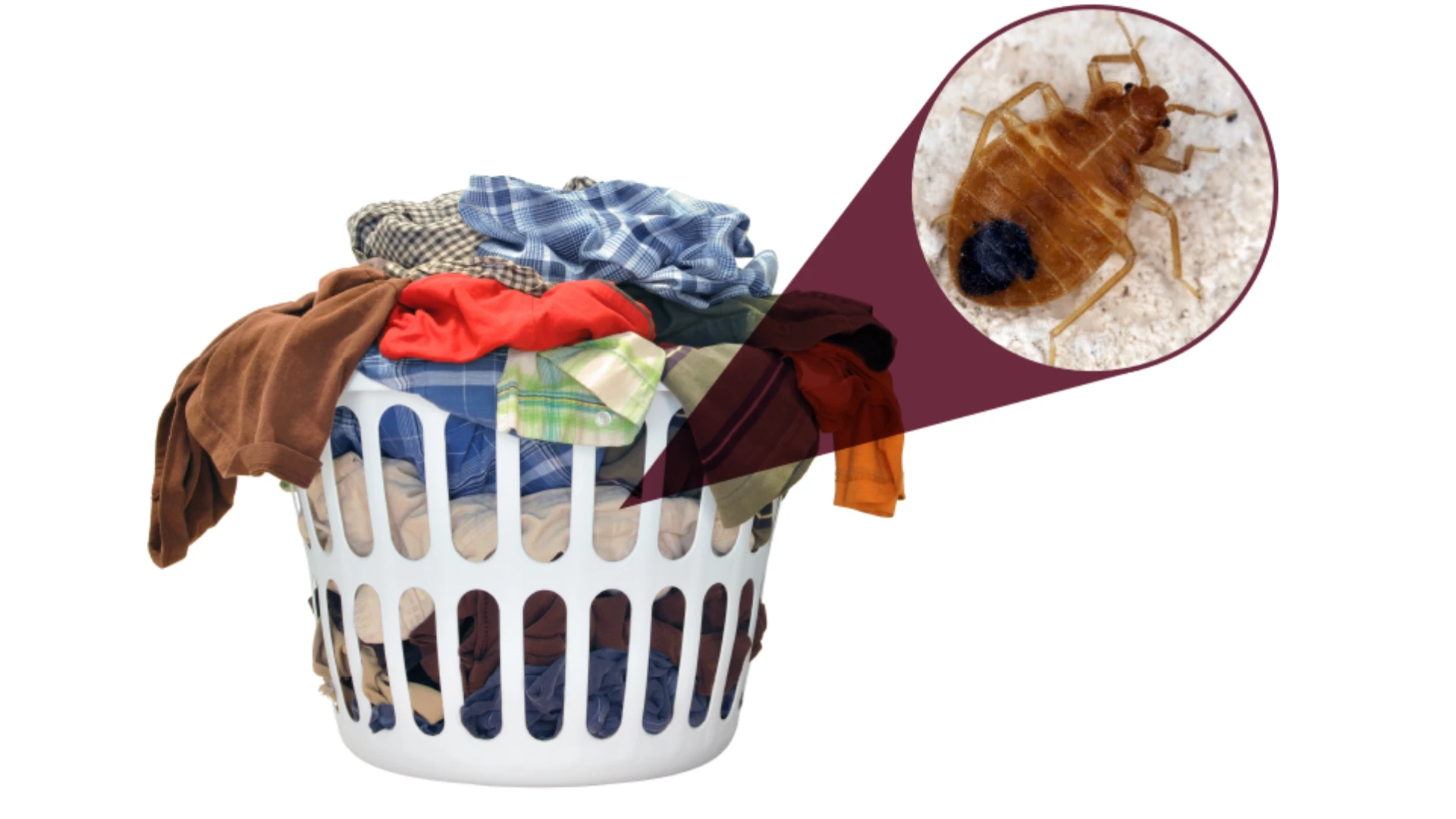How many times were you asked this winter, “So, is this cold weather going to kill all my bugs?” (And how many times did you roll your eyes?)
Don’t blame your customers. Just like they have — and I’m sure you have — I’ve seen this discussion everywhere the past couple of months. (In fact, I received a letter at home the other day from a lawn care company telling me, “Your lawn is trying to recover from cold weather injuries.”)
One reason this has been such a hot (ha-ha!) topic is because of a widely distributed report out of Virginia Tech in which researchers found that stink bugs have a freezing point — and this winter we hit it.
According to an article in the Washington Post, the Virginia Tech project found about 95 percent of the stink bugs the researchers were watching were killed in the cold weather in January. “As a result of the high kill rate, (Entomology Professor Thomas Kuhar) concluded, ‘There should be significant mortality of BMSB (brown marmorated stink bugs) and many other overwinter insects this year,’” the Post article said.
And although they’re pests that most PMPs don’t deal with, Emerald Ash Borers were in the news frequently too. A report titled “The Upside of the Bitter Cold: It Kills Bugs That Kill Trees,” ran on National Public Radio’s Jan. 10 episode of All Things Considered.
But, just like with many other things in life, if you ask someone else, you get a different answer. According to some entomology experts, the cold weather could actually help certain insect pests (and barely affect others).
Richard Levine, communications program manager at the Entomological Society of America and editor of the Entomology Today Blog, wrote on Jan. 13, “Ironically, the recent cold spell could actually end up helping the Emerald Ash Borer (EAB) in certain areas because the freezing temperatures might harm EAB predators.”
And a news report in Texas quoted Wizzie Brown, an entomologist with Texas A&M AgriLife Extension Service, as saying fire ants and mosquitoes will certainly survive this winter’s cold stretch. “There are insects that can actually withstand freezing temperatures for short periods of time,” Brown said in the report. “And then we have other ones that actually have kind of an antifreeze in their body that allow their bodies to completely freeze and then they will thaw out when the temperatures get warmer.”
This month’s cover story, “On the Move,” (page 32) discusses how increases in temperature — no matter how subtle — can affect insects’ range. “Insects are sort of like a canary in a coal mine,” says Mike Potter, professor of entomology at the University of Kentucky. “They sometimes reveal subtle changes in the environment through their abundance and distribution.”
And in an article about this year’s Polar Vortex (page 46), Jan Nyrop, a professor of entomology and senior associate dean of Cornell University’s College of Agriculture and Life Sciences, said, “The weather will give insects a temporary setback, but as soon as the weather warms up, they will take off again.”
So what does all of this mean for your business?
I think the takeaway message from this month’s cover story is this: Climate change is a long-term factor that may affect insect populations. But, nothing matters more to pest populations than annual weather trends, i.e., what’s happening right here, right now. It means depending on how quickly spring warms up your area of the country, and how much rain your area gets, insects could be a little slow making an appearance. But does it mean they’re gone forever? Not a chance.
In this month’s Polar Vortex article, we write, “As for 2014, you could see delays in the emergence of termites but other than that, pest management businesses should feel minimal impact.
‘We are not going to win the war against insects no matter the temperature,’” said Texas A&M’s Dr. Roger Gold.
Truer words have never been spoken.
The author is editor of PCT magazine.

Explore the March 2014 Issue
Check out more from this issue and find your next story to read.
Latest from Pest Control Technology
- Rentokil Terminix Expanded in Key Markets with 2024 Acquisitions
- In Memoriam: Joe Cavender
- Certus Acquires Green Wave Pest Solutions
- Liphatech Adds Alex Blahnik to Technical Team
- Do the Right Sting: Stinging Insect Identification, Management, and Safety
- VAGA's 8th Annual Veterans Thanksgiving Appreciation Dinner
- Clark's Blair Smith on the Response to Increased Dengue Fever Cases in Southern California
- WSDA, USDA Announce Eradication of Northern Giant Hornet from U.S.





